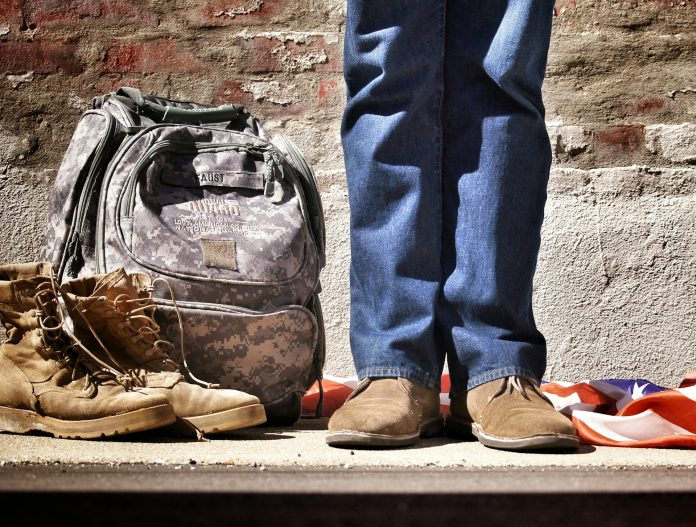As veterans age, they encounter unique challenges that require thoughtful, comprehensive solutions. Addressing the needs of aging veterans involves recognizing their specific health, social, and emotional requirements and providing tailored support. Here’s how society, communities, and individuals can actively meet these needs:
1. Enhanced Healthcare Services: Aging veterans often face complex health issues related to their service, including chronic injuries, mental health disorders, and age-related diseases. Access to quality healthcare tailored to these specific needs is crucial. This includes specialized medical programs, mental health support, and rehabilitation services.
2. Accessible Home Environments: Many older veterans require modifications to their living spaces to safely and comfortably age in place. Programs and assistance should be available to help veterans adapt their homes, incorporating features like wheelchair ramps, grab bars, and accessible bathrooms. Furthermore, home care services are available and companies like Veterans Care Coordination help veterans apply for assistance.
3. Community and Social Support: Combating loneliness and social isolation is essential for the well-being of aging veterans. Creating community networks and regular social activities tailored to veterans can help maintain their social connections and improve their quality of life.
4. Employment and Volunteer Opportunities: Veterans often possess a wealth of skills and experience. Providing opportunities for them to engage in meaningful work or volunteer activities can offer a sense of purpose and fulfillment.
5. Financial Planning and Assistance: Financial security is a significant concern for many aging veterans. Assistance with financial planning, as well as information about benefits and entitlements specific to veterans, can help them manage their finances effectively.
6. Mental Health Resources: Addressing the mental health of aging veterans is critical, with many suffering from PTSD, depression, and anxiety. Access to mental health services, including counseling and therapy, tailored to the veteran experience is necessary. The U.S. Department of Veterans Affairs (V.A.) has a variety of mental health resources that include treatment options and more.
7. Education and Training Programs: Lifelong learning opportunities can help veterans stay mentally active and engaged. Education and training programs can include everything from college courses to practical skill development.
8. End-of-Life Care: As veterans approach the end of their lives, hospice and palliative care services become increasingly important. These services should be respectful, dignified, and attuned to the unique experiences of veterans.
9. Legal and Advocacy Services: Navigating the legal system can be challenging for aging veterans, particularly concerning benefits, healthcare, and estate planning. Legal assistance and advocacy can help veterans understand and exercise their rights.
10. Family and Caregiver Support: Families and caregivers of aging veterans often need support too. Resources, training, and respite care services can help them care for veterans effectively while also looking after their own well-being.
Addressing the needs of aging veterans requires a multi-faceted approach that encompasses healthcare, social support, financial planning, and emotional well-being. By prioritizing these areas, society can ensure that veterans receive the respect, care, and support they deserve in their later years.

